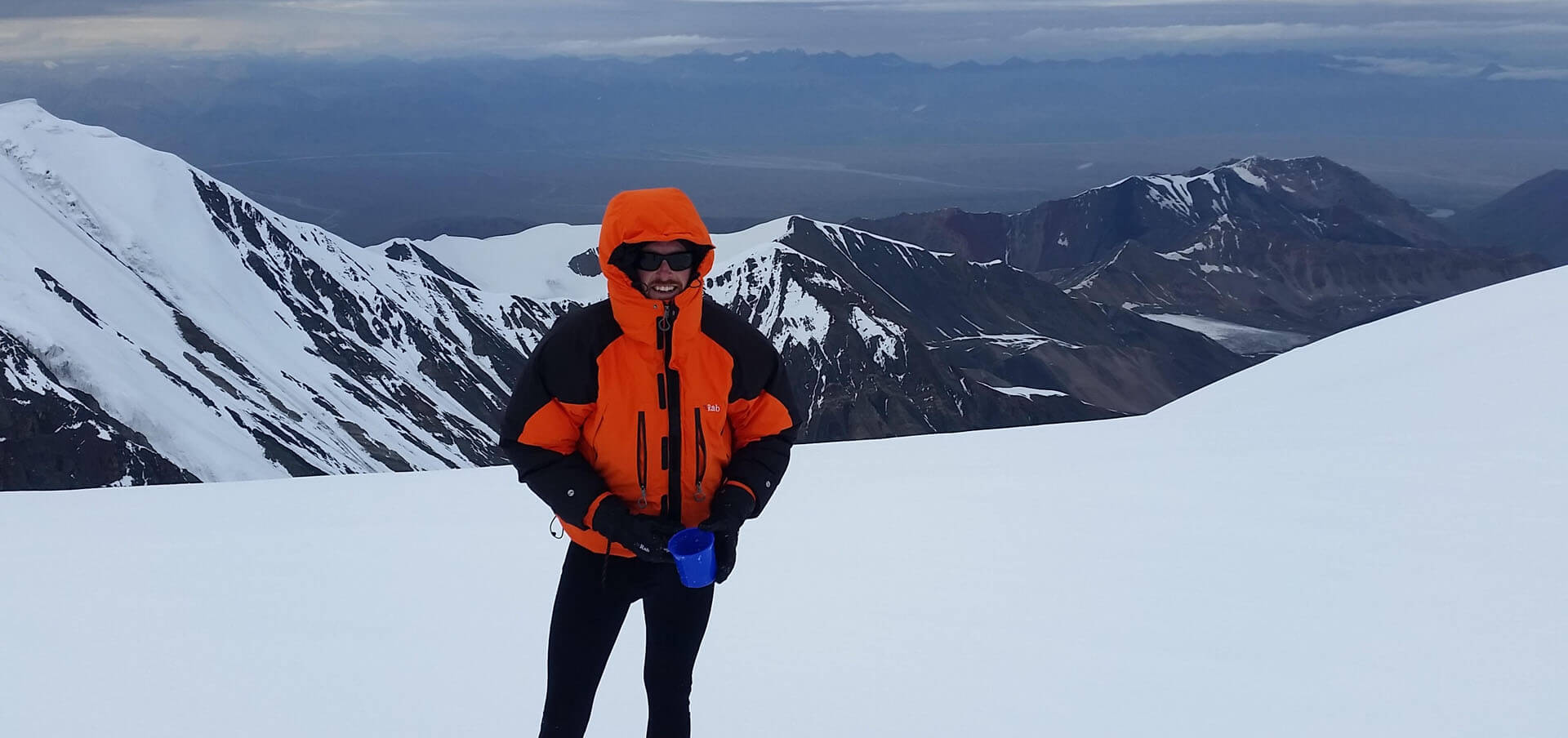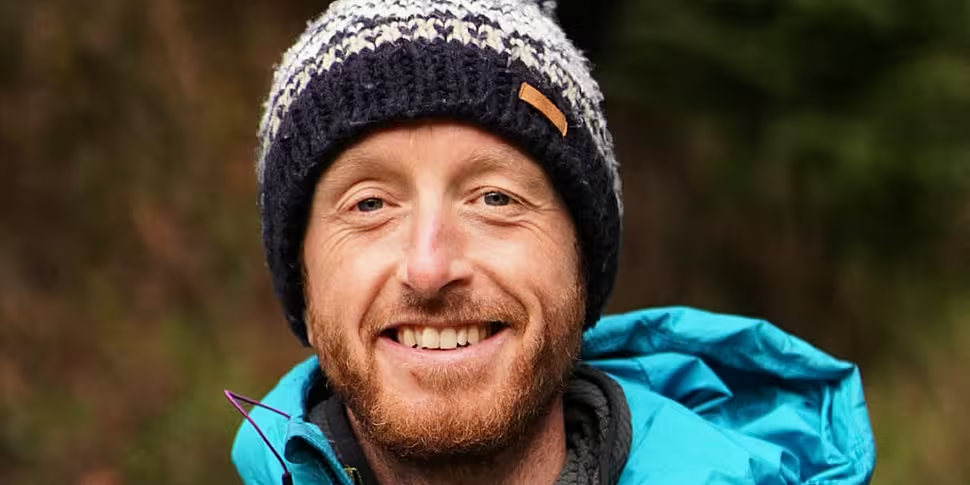A Tipperary adventurer aiming to become the first Irishman to climb Mount Everest without oxygen says he finds joy in mental and physical hardship.
Mountaineer James McManus hopes to join a list of just 216 people when he takes on the world’s highest peak without using supplementary oxygen.
On Newstalk Breakfast this morning, he said the attempt is the “ultimate in human endurance’.
“That excites me massively,” he said. “I really want to test myself on the highest mountain in the world.”
“I have a lot of experience in this field and just really, I love to push myself in the mountains. It brings me such joy to go through mental and physical hardship so the process of preparing and adapting my body to be able to attempt this mountain without oxygen is just fascinating.”
Mount Everest
He said climbing Mount Everest generally involves a 45-day to two-month trip to Nepal.
“Without oxygen the challenge is, I’ll be slower – so it will take longer on the summit day,” he said.
“Then the other challenge is, when you are on oxygen, it warms you up quite a lot so I will be a lot colder than the other climbers as well.
“So, I have to try and get on the mountain when there’s not other people there so I don’t get stuck in a queue because, if I’m in a queue, I will obviously stop moving and I won’t be generating any body heat. It’s quite tactical; there’s a lot to it really.”
 Tipperary mountaineer James McManus
Tipperary mountaineer James McManusIn recent years, there have been concerns over the high numbers of people attempting to summit Mount Everest – with pictures of queues of people waiting to get to the summit and rubbish left on the mountainside.
Mr McManus said he hopes to use the trip to advocate for more sustainable mountaineering.
“The thing I want to share with people is that the answer isn’t to not climb Everest; it’s to do it in a sustainable way,” he said.
“Going to climb Everest or going trekking in Nepal in general is a really positive thing to do if done in the right way.
“Over a million people work in tourism in Nepal and 54,000 of them are employed as guides, porters and cooks on Everest during the three-month climbing season each spring.
“Many of them are not being treated fairly as in Nepal, there’s no employment law and there’s no minimum pay and conditions for these workers.
“So throughout my trip, we are going to talk to a sherpa so I can highlight these issues and how best to address them.”
Tourism
He said the main message for anyone booking a trip in the developing world is that if it seems to good to be true, it generally is.
“If they don’t check how much people are being paid and how they are being treated, people will get exploited,” he said. “Particularly if they go for a really low-cost trip.”
“It’s something we see all the time in places I work like Tanzania, India and Nepal. It is something I am really passionate about and want to try and talk a lot about while I am there.”









